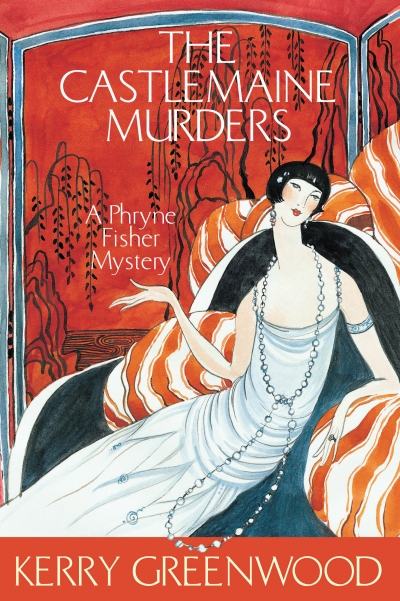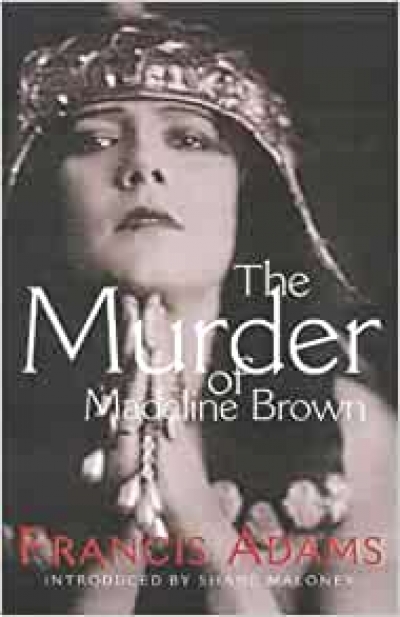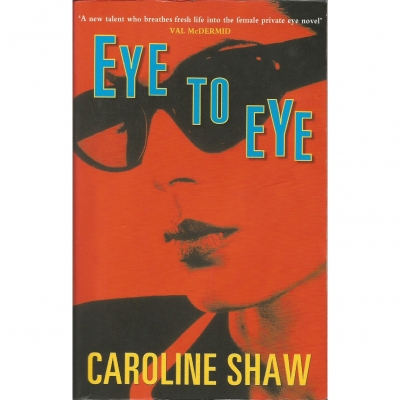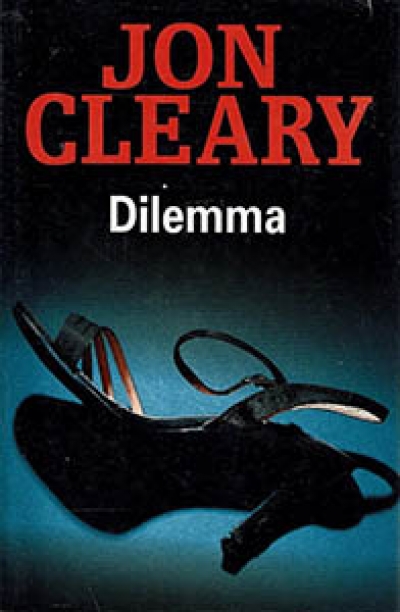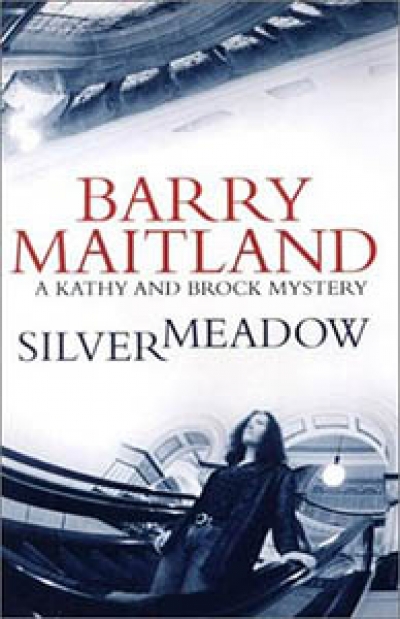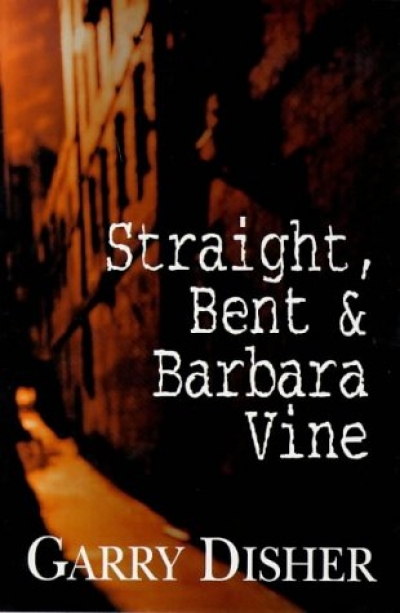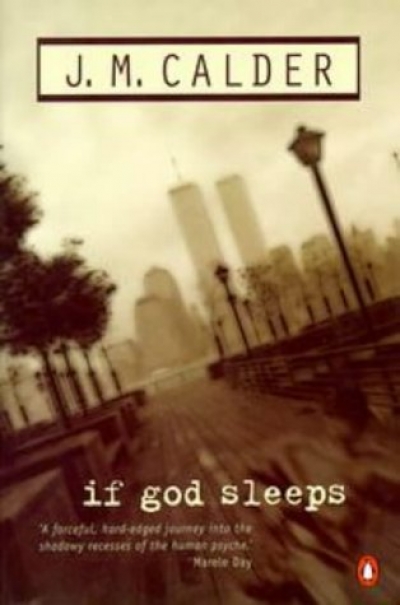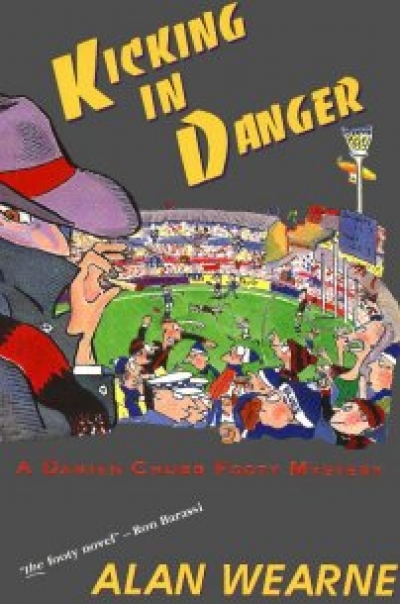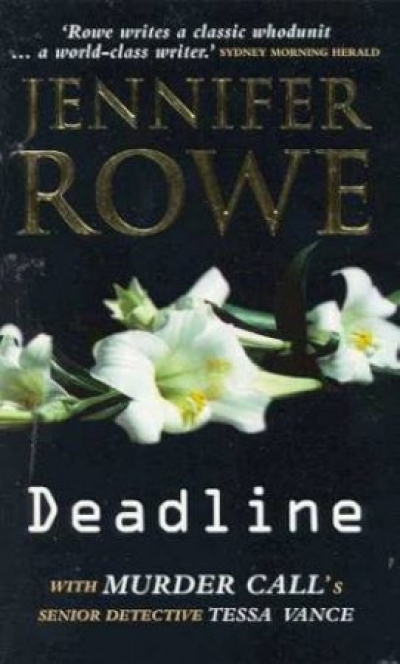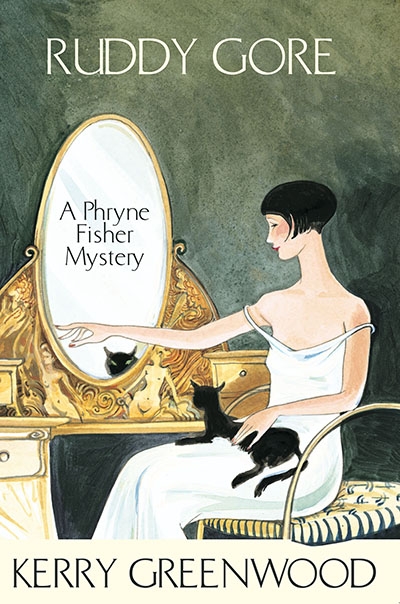Crime Fiction
Silver Meadow by Barry Maitland & An Uncertain Death by Carolyn Morwood
by Sue Turnbull •
Straight, Bent and Barbara Vine by Garry Disher & Raisins and Almonds by Kerry Greenwood
by Stuart Coupe •
Here’s the first in a new series from the indefatigable pen of Jennifer Rowe. Verity Birdwood is still going strong, at last check: it wasn’t so long ago that I reviewed Lamb to the Slaughter in these pages. And, of course, as Emily Rodda, Rowe has turned out a couple of dozen Teen Power books, attracting several Children’s Book Awards. She is every inch a professional writer.
... (read more)
